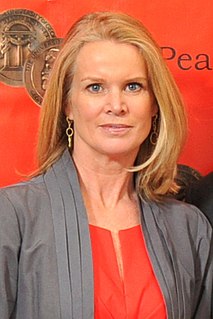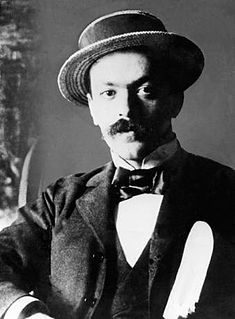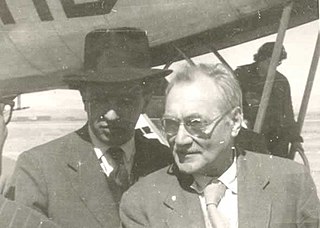A Quote by Francois de La Rochefoucauld
We often act treacherously more from weakness than from a fixed motive.
Related Quotes
Love is an alchemist that can transmute poison into food--and a spaniel, that prefers even punishment from one hand to caresses from another. But it is in love as in war, we are often more indebted for our success to the weakness of the defence than to the energy of the attack; for mere idleness has ruined more women than passion; vanity more than idleness, and credulity more than either.
If you choose not to act, you have little chance of success. What’s more, when you choose to act, you’re able to succeed more frequently than you think. How often in life do we avoid doing something because we think we’ll fail? Is failure really worse than doing nothing? And how often might we actually have triumphed if we had just decided to give it a try?



































